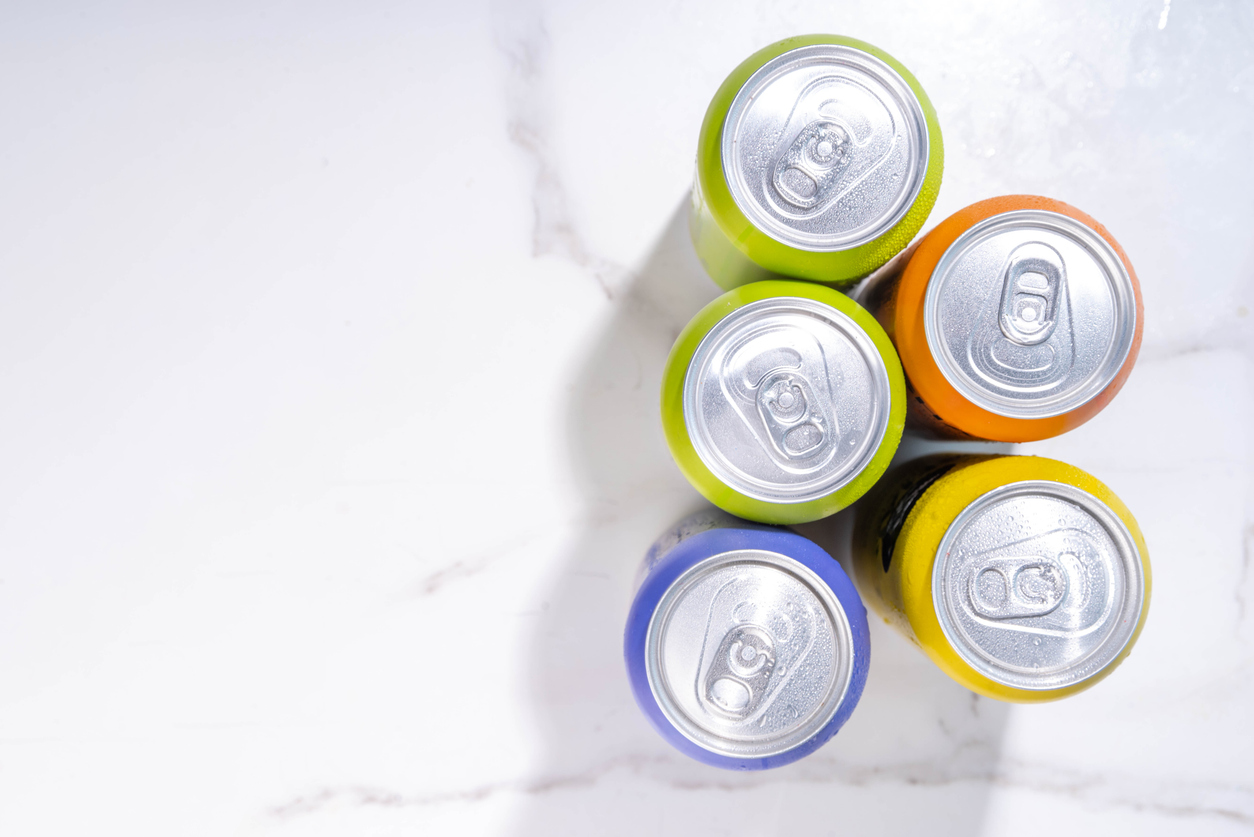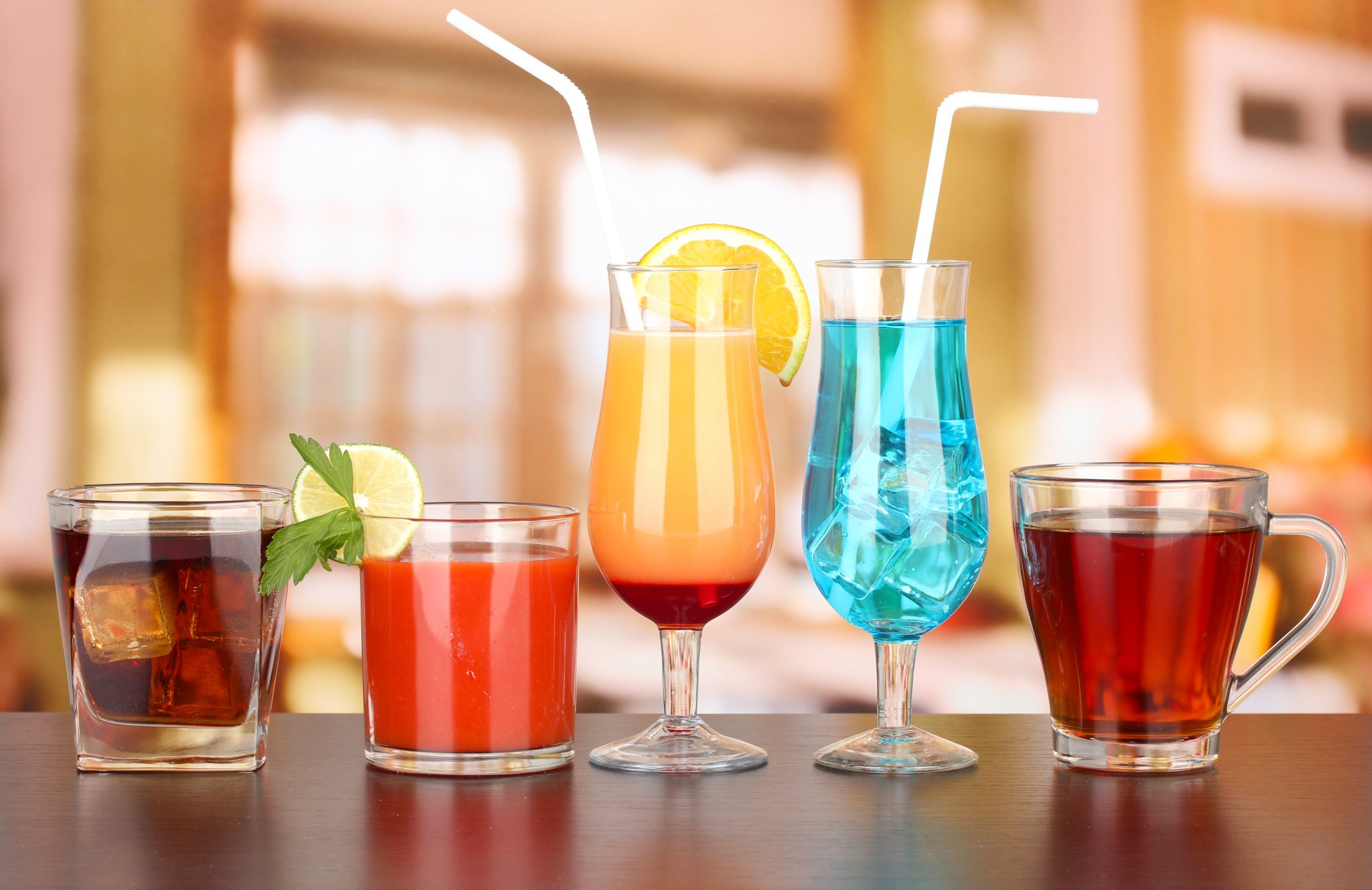
Confectionery & Snacks
Sweetening the future with smarter and sustainable treats
Bite into Change: Confectionary and Healthy Snacking Solutions
Consumers are looking for healthier versions of snacking, such as zero-sugar chocolates, sleep-enhancing, or adaptogen-infused snacks. They want to go for these snack versions without compromising the taste and quality of the products. They are looking for snacking options without palm oil content. Sleep-enhancing, packed snacks and CBD-infused snacks are currently in high demand among Americans to overcome stress and insomnia. 79% of consumers admit that protein-packed snacks are an excellent option for those who are most crunched for time. The confectionery and snacks industry needs to focus on better positioning, innovation, and online exposure to combat the present economic uncertainty. Functionality and overall wellness will form the core of the future of healthy snacking, along with a drive towards sustainable packaging and business practices.
Industry Trends
Confectionery & Snacks Trends
Lab Grown Cocoa
Palm Oil Alternatives
Next-level Medicated Chewing Gums
Novel Sugar Suppressants
Lab Grown Cocoa
The trend of lab-grown cocoa is emerging as a massive alternative to traditional cocoa, which is triggered by the requirement and demand of consumers for healthy snacking in the F&B industry. Fuelled by a massive chocolate market growth in a few years, lab-grown cocoa is estimated to rise at a CAGR of 30 percent in the coming days. Interestingly, the global chocolate market may grow up to USD 160 billion. Thus, businesses can scale their business to gain traction in revenue generation by using lab-grown cocoa. They can reduce the production cost significantly. Investors can capitalize on the surging need for ethically sourced and eco-friendly cocoa production.
How Can We Help?
There is an imminent need to look out for regulatory and consumer behavior disruptions in the food and beverage industry. These changes hugely impact geography, product categories, technological adoption, and innovation on every level. Continuous monitoring is needed to interpret these disruptions and potential associated to these trends, threats, and opportunities. We largely focus on trend analysis, consumer preferences, globalization. trade, regulatory changes, environmental scanning, sustainable practices, stakeholder engagement, innovation, experimentation, adaptive strategies, and risk assessment. Stellarix’s food and beverage consulting services empower companies with substantial rationale for strategic innovation, R&D, investment, and business decisions.
ExploreRising sustainability pressures, regulatory constraints, and various long-term trends are pushing the food & beverage industry to a critical juncture. R&D and innovation are the keys to differentiating offerings across the food, beverage, and nutrition value chain. Our food & beverage consulting team is helping companies navigate the maze of innovation opportunities in this domain. From developing clean label products to restructuring value chains, analyzing market sentiment, or aligning portfolios to changing consumer demands and management complexity, we are here to answer every question that the future may hold for you. We establish clear priorities and indulge in services including ethical sourcing and sustainability, market testing and launching, reformulation, cross-functional collaboration, and product development.
ExploreIdentifying the patterns amidst the heterogeneous value chains, channels, players, and consumer behavior in the food and beverage industry is difficult. The battle between meeting consumer expectations and sustaining success is constant for both established and emerging players. Our food & beverage consulting experts are helping companies prepare strategic responses to market shifts, consumer perspectives and counter the intensifying competition. To meet the needs and aid businesses, we render services including growth strategy, expansion plans, price strategy, regulatory compliance, distribution channels, product development, and market analysis.
ExploreSustainability outweighs regulatory compliance for the food and beverage industry. The biggest requirements include strategic response to regulatory developments, balancing product designs, ingredients, and consumption with present and upcoming sustainability imperatives while creating a solid foundation of narratives for further environmental claims and reporting. As a trusted food and beverage consulting firm, Stellarix has helped organizations with precise, nuanced guidance on aligning their product portfolios with the rapidly evolving regulatory and business landscape. We also inculcate supply chain sustainability, carbon footprint reduction, sustainable product development, consumer education, and engagement for the required outcome.
ExploreCo-man and partner identification is a tricky maze of product development, regulatory compliance, financial forecasts, proprietary recipes, labeling, and processing logistics. It requires in-depth market and business analysis experience and excellence. Our interdisciplinary food and beverage consulting services help companies negotiate the best co-man agreements and identify the most suitable partners for a strong competitive edge in specific niches and domains. We lend research & networking, supplier referrals, quality control, flexibility, capacity, investors and partnership complementary expertise, and communication to clients to achieve their goals.
ExploreThe emergence of personalization and sustainable business practices has established some new business goals like alternative ingredients, local sourcing, circular economy, and automation. It has also accelerated the need to identify innovative technologies, applications, scaleups, and startups impacting the food and beverage industry. Our food and nutrition consulting team is helping global players with startup scouting and benchmarking with deep market research analysis and actionable insights. We identify trends, do competitive analysis, find product range, and work on brand identity, distribution and sales, marketing & sales, financial planning, operation, and logistics to place the client in a commanding position in the market.
ExploreOur Experience

Overview Study- Hydrolyzed Vegetable Protein Processing
A global F&B leader consulted Stellarix for a comprehensive review of key processing parameters and the physico-chemical properties of the raw materials used in HVP production. Stellarix’s expertise enabled the client to make strategic sourcing decisions and implement optimal technologies, thereby enhancing its value chain and overall competitive position. Client Background: A worldwide leader in […]

Technology Scouting: Traceability for Aquaculture and Agricultural Products
A client sought sustainable traceability solutions for aquaculture and agricultural products. The comprehensive competitive and market assessment by Stellarix provided the client with a better understanding of the top providers of sustainable and accurate traceability solutions. Client Background: The client sought providers of traceability systems for aquaculture and agricultural products that were sustainable, efficient, and […]

Technology Scouting – Melatonin Alternatives
A renowned F&B company partnered with Stellarix to seek melatonin alternatives to navigate the changing regulatory landscape in Brazil. The strategic guidance and recommendations provided by F&B consultants facilitated the identification of next-gen alternatives, helping the client strengthen its market foothold amidst the changing regulatory and market landscape in Brazil. Client Background: The client is […]
Client Queries Addressed
Q1. How do different alternative proteins compare regarding amino acid profiles, digestibility, and overall nutritional value? Q2. What specific nutritional claims about products containing alternative proteins can be made, and how can these be substantiated? Q3. How can companies adjust product formulations to ensure that the nutritional benefits of alternative proteins are fully realized?
Q1. How do the costs of alternative proteins compare to traditional protein sources, and what factors contribute to these cost differences? Q2. What are the most cost-effective sourcing and production strategies for integrating alternative proteins into products? Q3. How can companies optimize their supply chain and production processes to manage costs without compromising product quality?
Q1. What flavor masking agents or techniques can be used to counteract any undesirable flavors from superfoods? Q2. How can companies use flavor enhancers or complementary ingredients to balance the taste of superfoods in their products? Q3. What sensory testing methods can be employed to evaluate and refine the flavor profiles of products containing superfoods?
Q1. How can companies ensure that superfoods do not adversely affect the product's appearance or color? Q2. What techniques can be used to ensure that superfoods blend seamlessly with other ingredients and contribute positively to the product's overall sensory appeal? Q3. How can companies use packaging and marketing to highlight the benefits of superfoods while maintaining product attractiveness?
Q1. What are the latest technological advancements in lab-grown ingredients, and how do they impact their feasibility and quality for use in confectionery and snacks? Q2. How can lab-grown ingredients be integrated into existing confectionery and snack formulations without compromising taste and texture? Q3. What are the potential benefits and challenges of using lab-grown ingredients in terms of nutrition, sustainability, and consumer perception? Q4. What regulatory and safety considerations need to be addressed when incorporating lab-grown ingredients into confectionery and snack products? Q5. What are the market opportunities and potential barriers to the adoption of lab-grown ingredients in the confectionery and snack industry?
Insights
See All
Blogs

Articles

Articles

Blogs